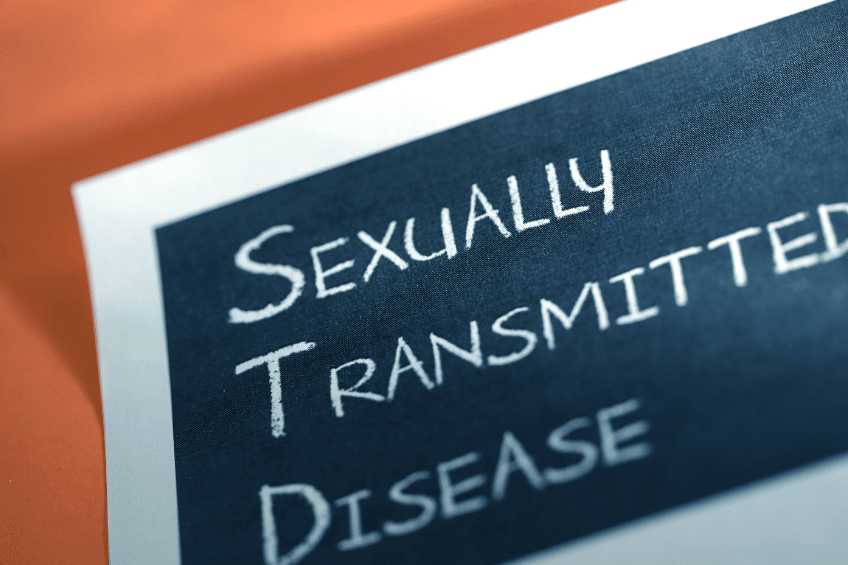What Is Syphilis?
Syphilis is a curable sexually transmitted disease (or STD), which is caused by the bacterium Treponemal pallidum. It is a serious condition which can have significant consequences unless duly and adequately treated. [1]
STDs are fairly common: according to the WHO, each year 357 million people worldwide get infected with a sexually transmitted disease, including syphilis. About 80,000 people are diagnosed with it every year. The infection is more common in men and appears more often in people in their early 20s. [2]
Syphilis case reports have been increasing ever since the historic lows in 2000 and 2001. In 2020, there were 133,945 diagnosed patients with syphilis at all stages. Case rates are also increasing among heterosexual men and women, with MSM (men who have sexual intercourse with men) accounting for 43% of all syphilis cases in 2020. [1]
Without treatment, the disease can last for many years as it goes through different stages. It may cause no symptoms for decades while spreading all over the body, but if it affects the brain or the nerves, it is highly possible to develop potentially life-threatening conditions. While the disease is treatable at any stage, the damage caused to the organs and tissues will be irreversible. [3]
That is why the earlier it is diagnosed and treated, the less devastating the consequences.
In this article we will focus on the stages of syphilis, as well as typical symptoms of each one.

How Do You Get Infected?
Although syphilis belongs to the STD group of diseases, it can actually be acquired through any kind of physical contact with the infected person. It is spread from contact with syphilitic sores called chancres, which can be found in the area of the penis, vagina, anus, rectum, lips, or mouth. That means that is is possible to get infected when kissing someone with sores on the lips, although this is less common. [1, 2]
The disease can be passed to an unborn child if the mother is infected. Maternal syphilis, if not detected or treated duly, is usually detrimental to the unborn child and in 50-80% of cases results in adverse birth outcomes, including stillbirth and neonatal death. [4]
